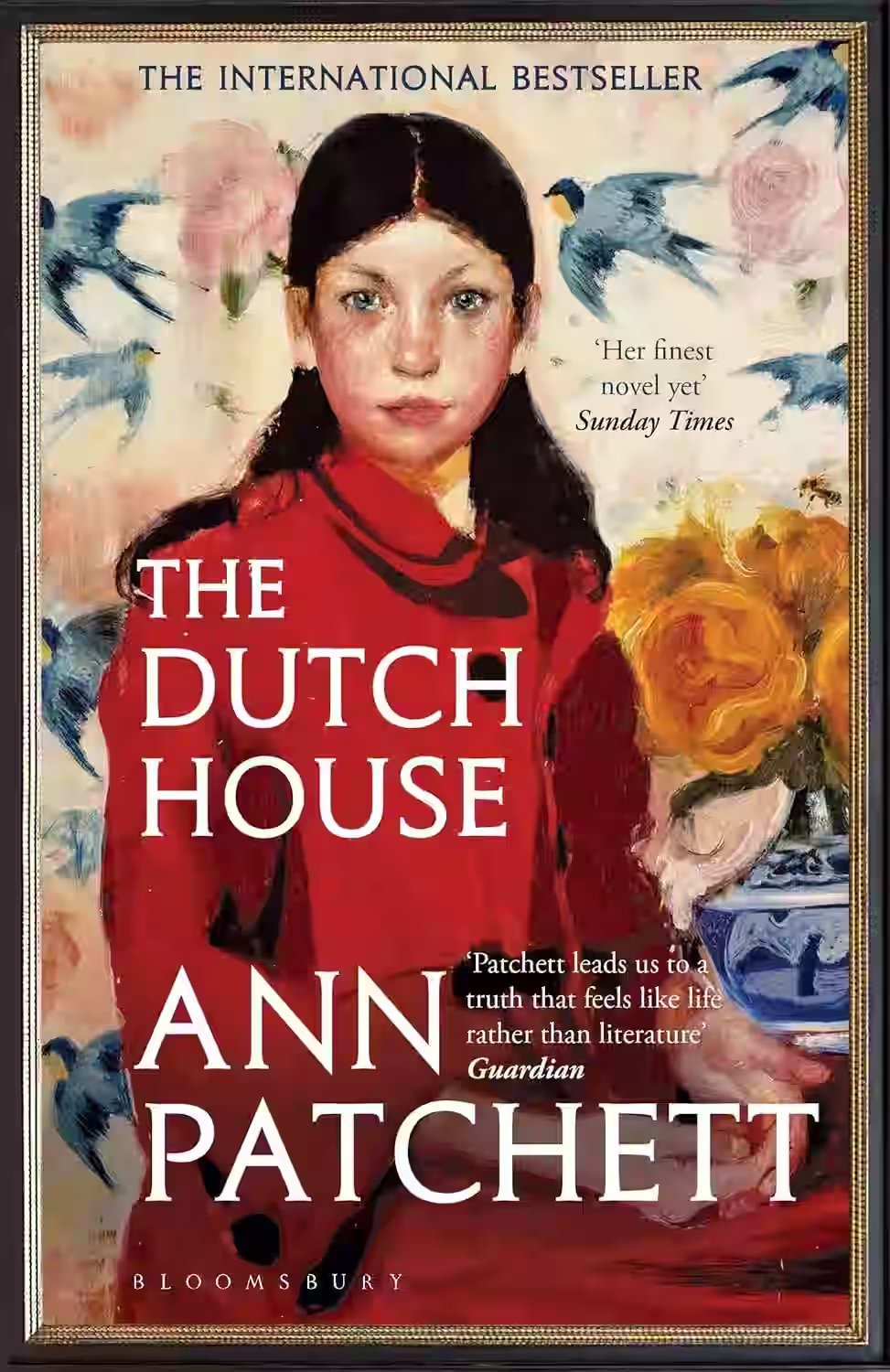
In Ann Patchett's 'The Dutch House,' readers are drawn into a compelling narrative that explores themes of family, loss, resilience, and the enduring bonds that tie us to our past. At the heart of the story is the Conroy family and the intricacies of their relationships, centered around the opulent Dutch House that becomes both a sanctuary and a source of conflict. Patchett's evocative prose brings to life the characters' joys and struggles, painting a vivid picture of their world. Through meticulously crafted storytelling, the novel delves into the complexities of forgiveness and redemption. A poignant and thought-provoking tale that lingers in the mind long after the final page.
About Ann Patchett
Ann Patchett is a bestselling American novelist, essayist, and co-owner of Parnassus Books in Nashville. Known for her elegant prose and emotional depth, Patchett’s novels—such as Bel Canto, Commonwealth, and The Dutch House—often explore themes of family, memory, and human connection. Her nonfiction work includes This Is the Story of a Happy Marriage, a collection of essays on writing and life. Patchett’s writing is marked by its clarity, compassion, and keen psychological insight. A champion of independent bookstores and literary culture, she is widely respected as both an artist and advocate for the literary community.
Other Books by Ann Patchett
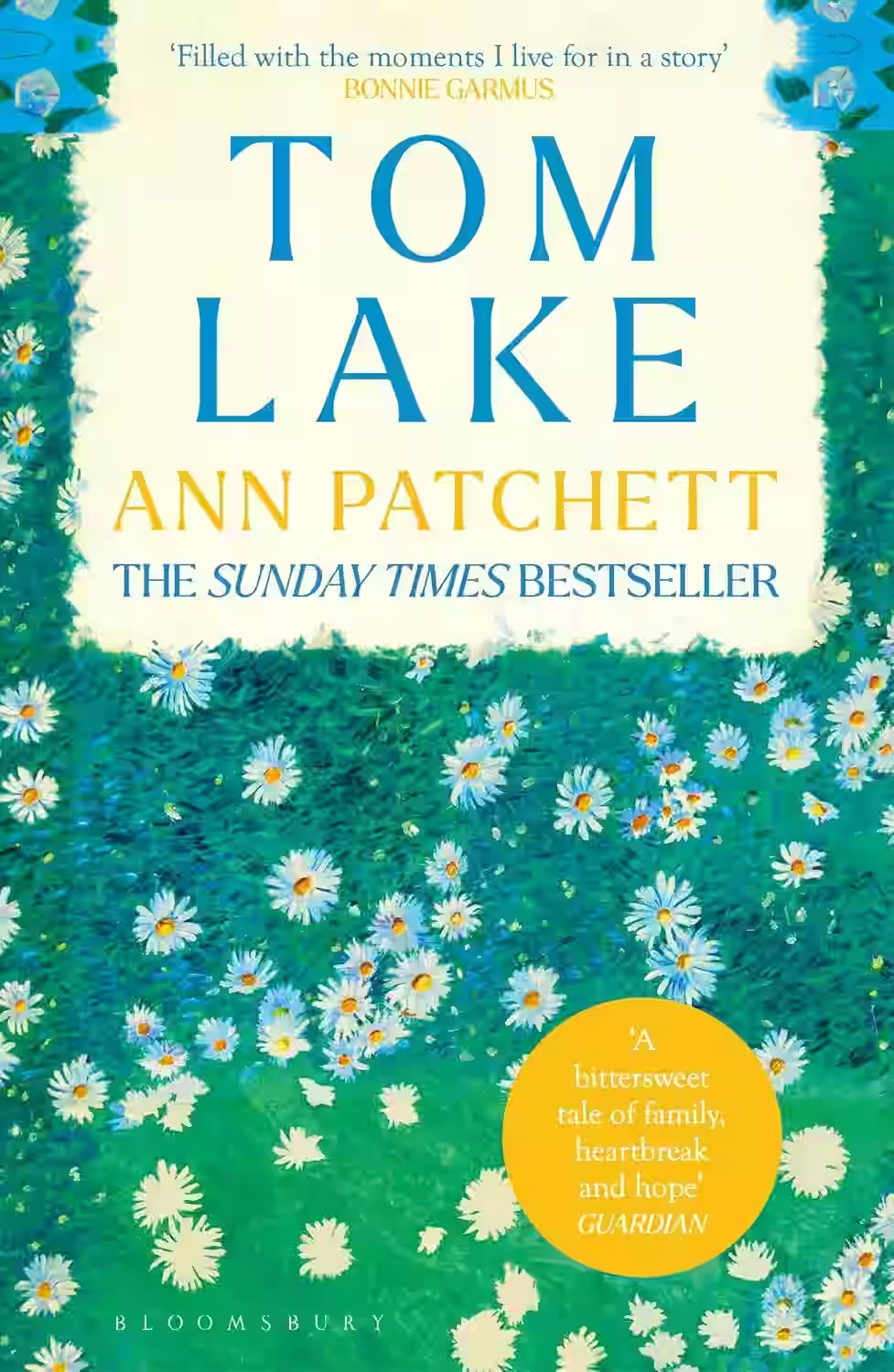
Tom Lake
by Ann Patchett
Set against the backdrop of a Michigan cherry orchard during the COVID-19 pandemic, Tom Lake follows Lara as she recounts her youthful romance with a now-famous actor to her three grown daughters. As they harvest fruit, the story weaves past and present, exploring the choices we make, the roads not taken, and the meaning of a life well-lived. Ann Patchett’s luminous novel is a meditation on motherhood, storytelling, and the quiet beauty of ordinary life. Richly atmospheric and emotionally resonant, Tom Lake invites readers to consider how love, memory, and time shape us.
Similar Books
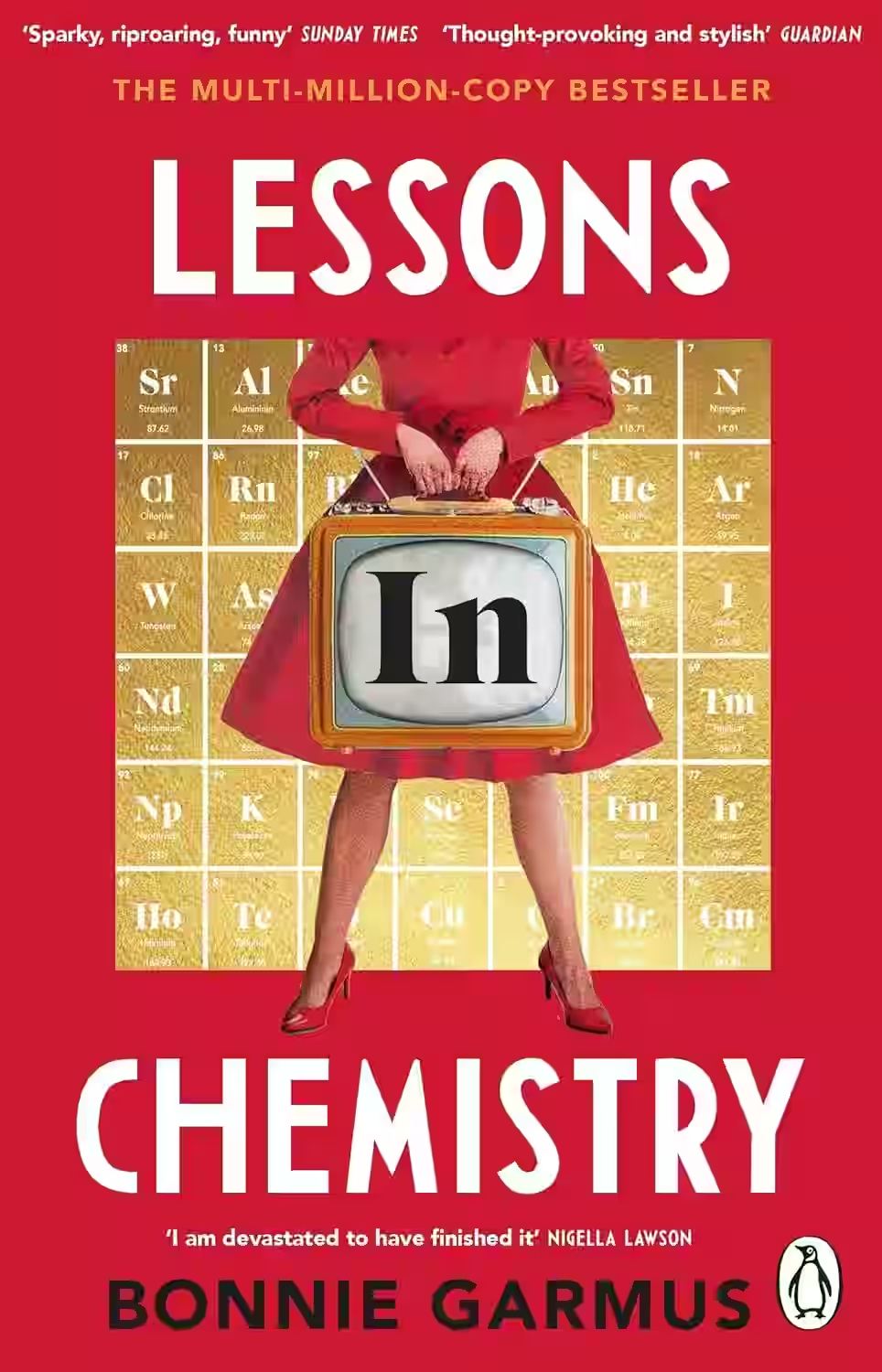
Lessons in Chemistry
In the 1960s, brilliant chemist Elizabeth Zott challenges sexist norms in academia and television when she becomes the host of a cooking show that teaches women about science and independence. Blending humor, feminism, and heart, Lessons in Chemistry celebrates intellect, defiance, and the transformative power of belief—in yourself and in change.
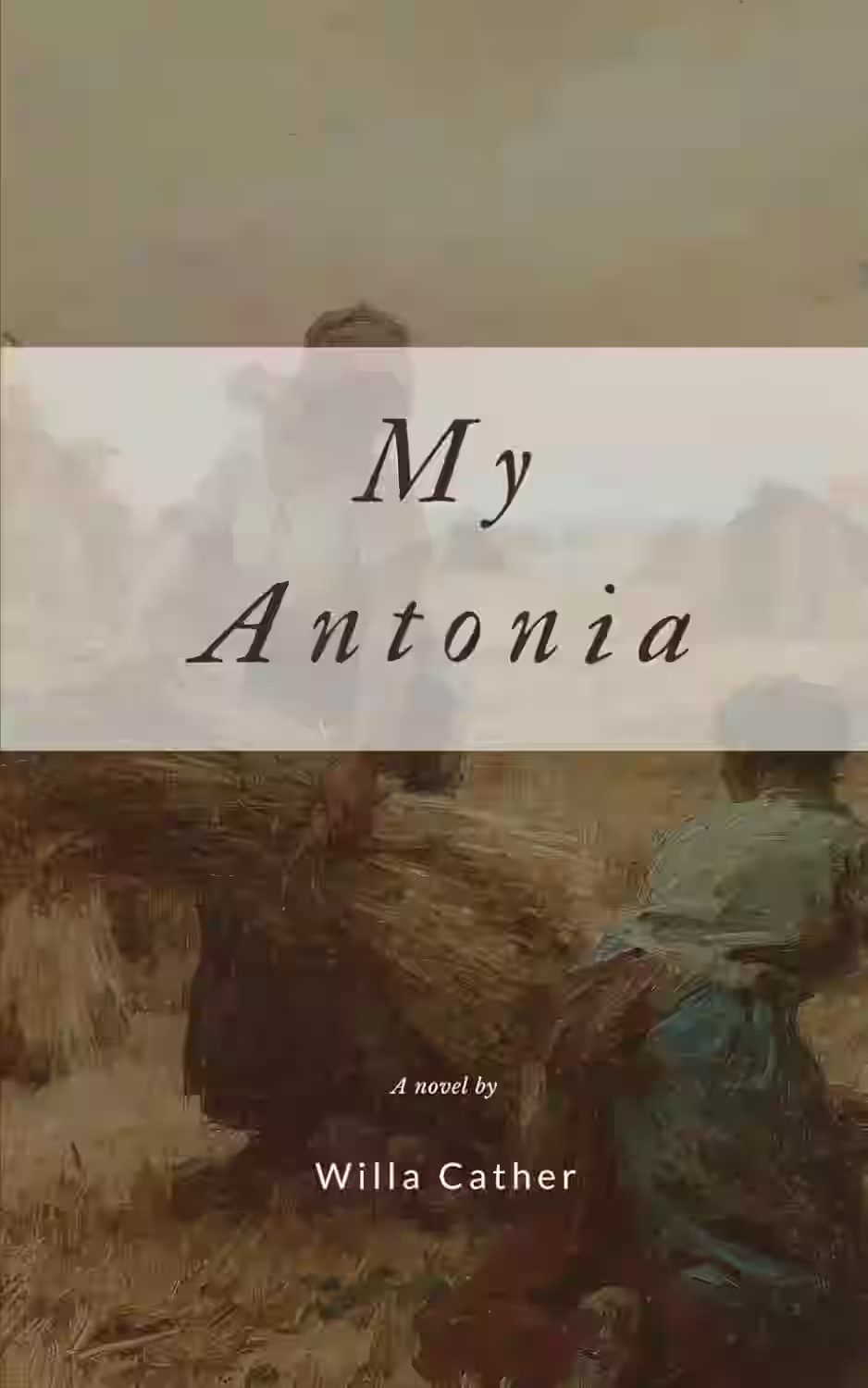
My Antonia
by Willa Cather
Told through the eyes of Jim Burden, My Ántonia recounts the life of Ántonia Shimerda, a spirited immigrant girl on the Nebraska frontier. Through vivid landscapes and deep characterizations, Cather celebrates pioneer life, hard work, and memory. The novel is a nostalgic tribute to the resilience of early settlers and the bond between people and place, filled with poetic prose and quiet power.
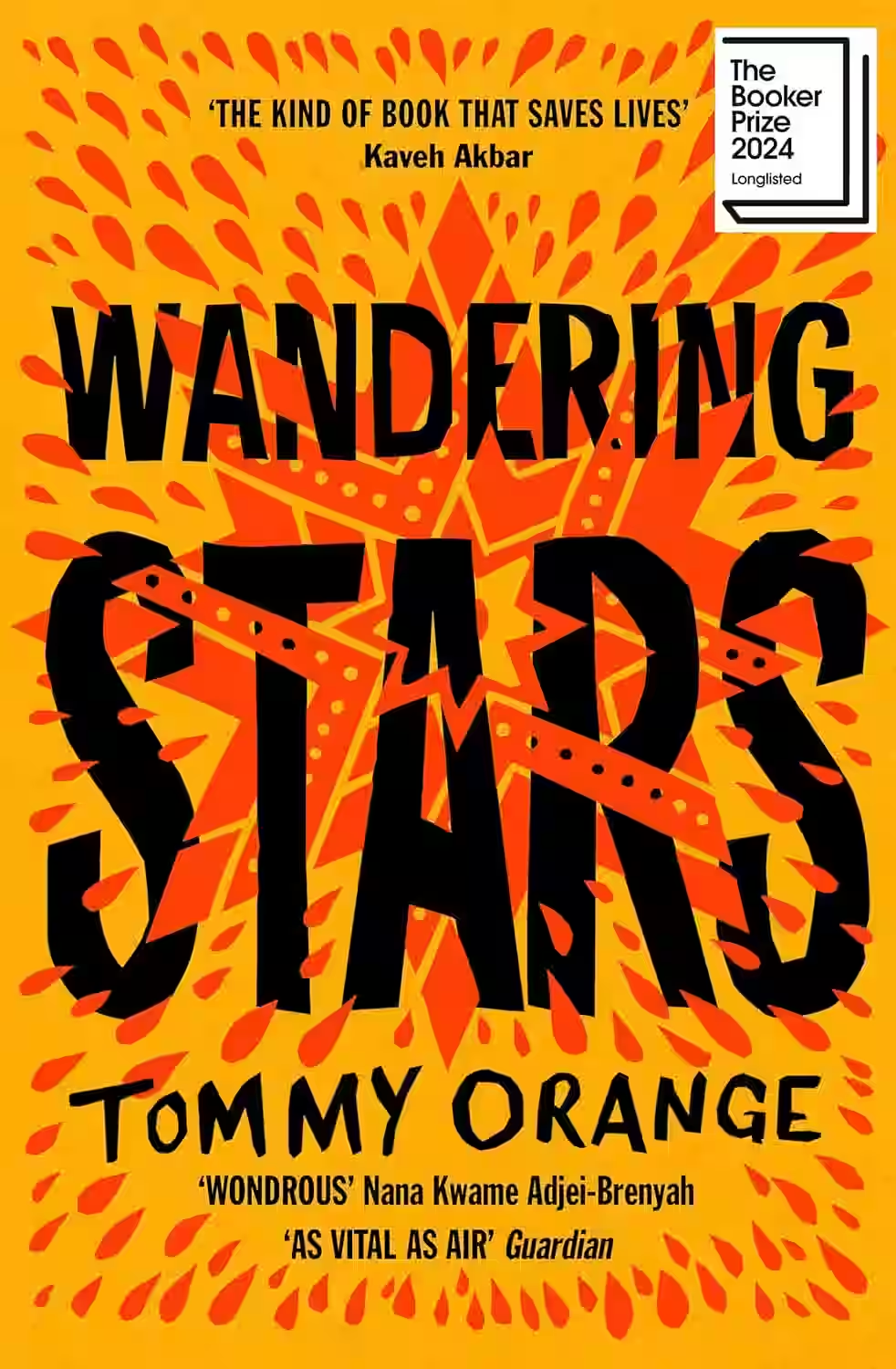
Wandering Stars
by Tommy Orange
Tommy Orange's Wandering Stars is an exploration of generational trauma, cultural identity, and the enduring spirit of Indigenous people. The novel intricately weaves narratives across centuries, from the brutal realities of the 19th-century boarding schools to the contemporary struggles of a family in Oakland. Through interconnected lives, Orange addresses themes of identity, violence, and survival, offering a poignant reflection on the historical and ongoing challenges faced by Native American communities. His storytelling captures the resilience and complexity of Indigenous experiences.
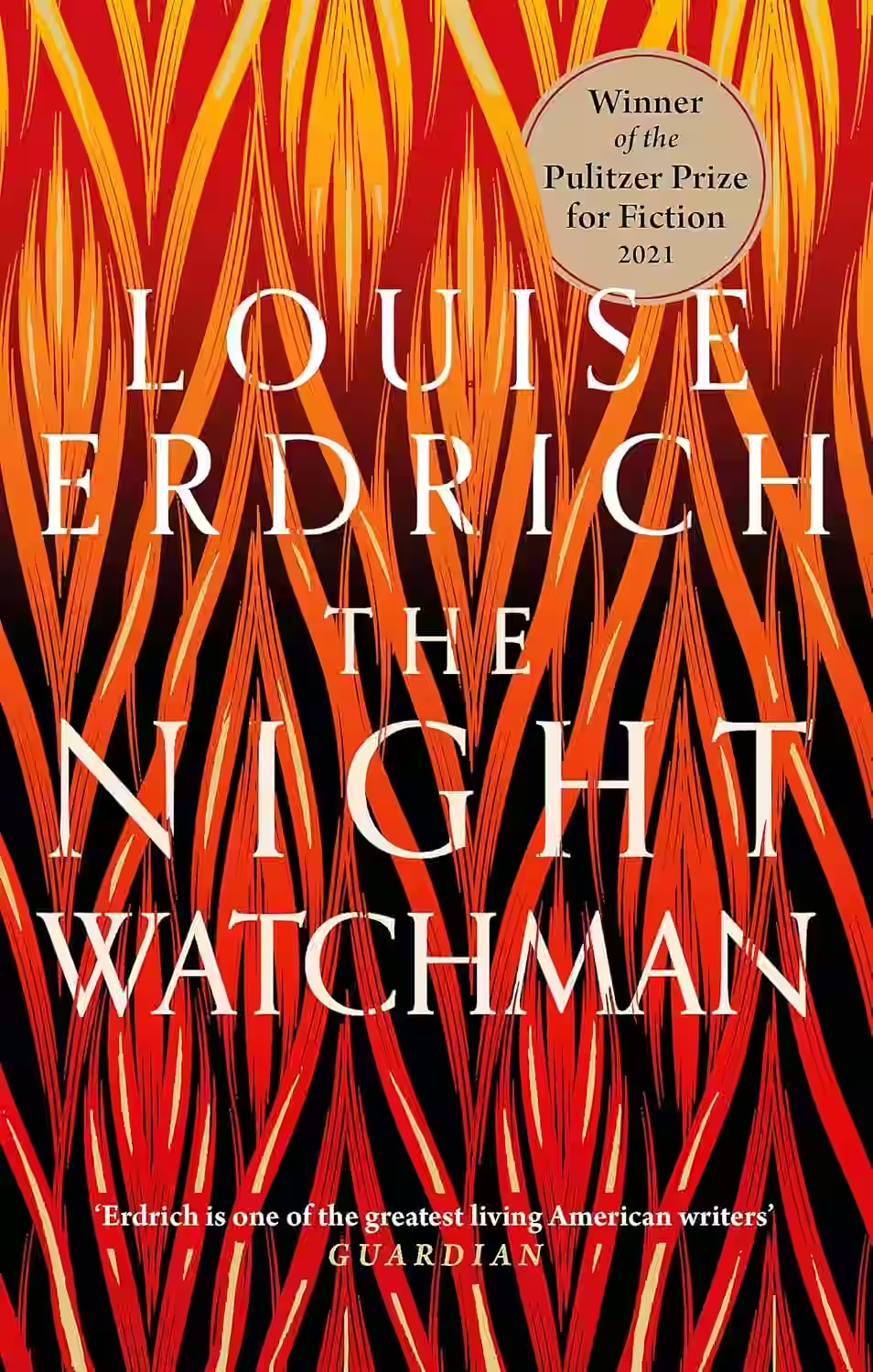
The Night Watchman
by Louise Erdrich, William D. Danko
In Louise Erdrich's 'The Night Watchman,' readers are immersed in a rich tapestry of interconnected lives set against the backdrop of Native American rights activism in the 1950s. Through the character of Thomas Wazhushk, a night watchman and tribal chairman, Erdrich weaves a compelling narrative that explores the challenges faced by the Turtle Mountain Band of Chippewa Indians. The novel delves into themes of identity, resilience, and the fight for justice as Thomas navigates his dual roles and confronts the threat of dispossession. Erdrich's lyrical prose and poignant storytelling make 'The Night Watchman' a powerful and thought-provoking read.